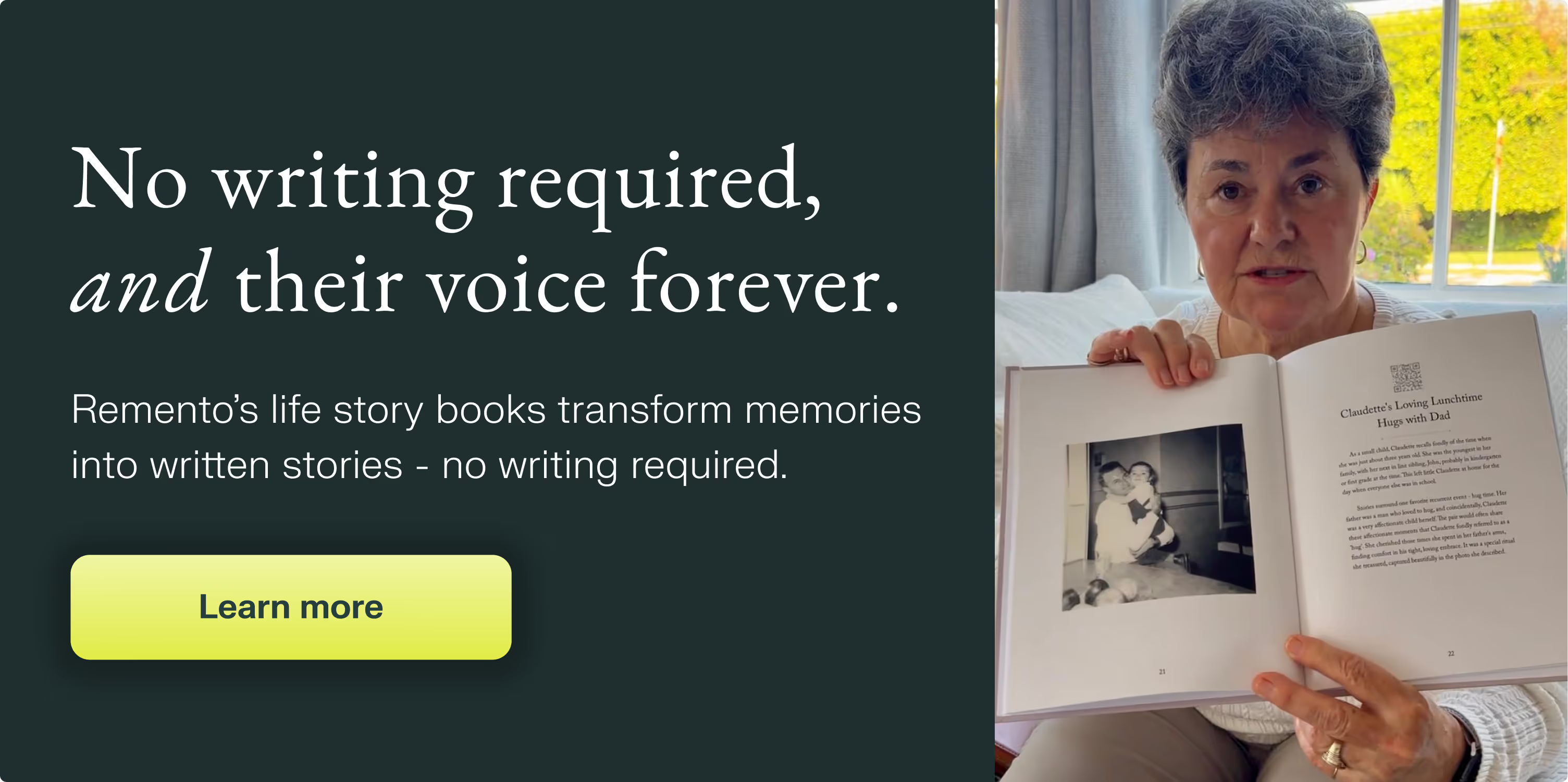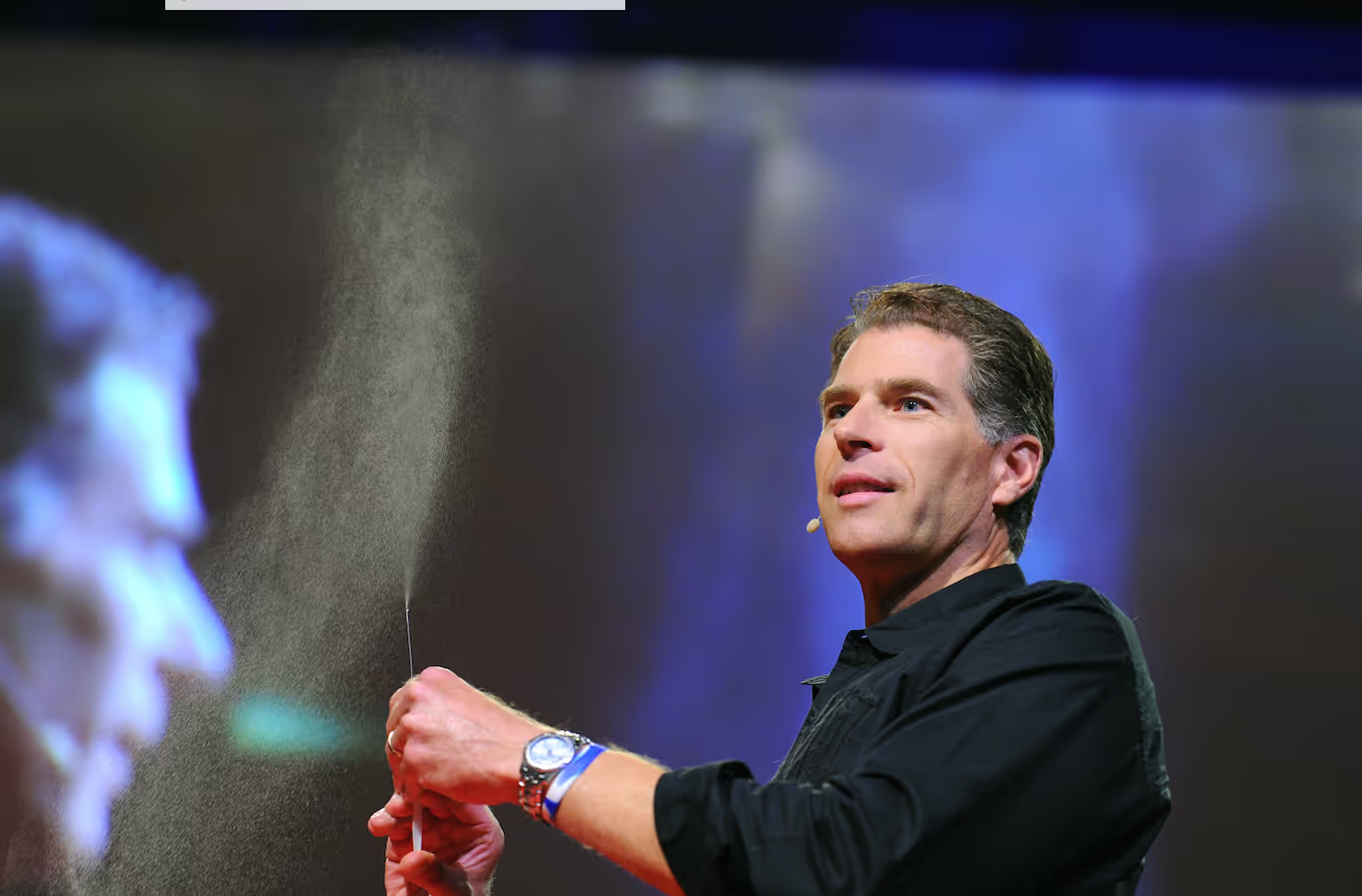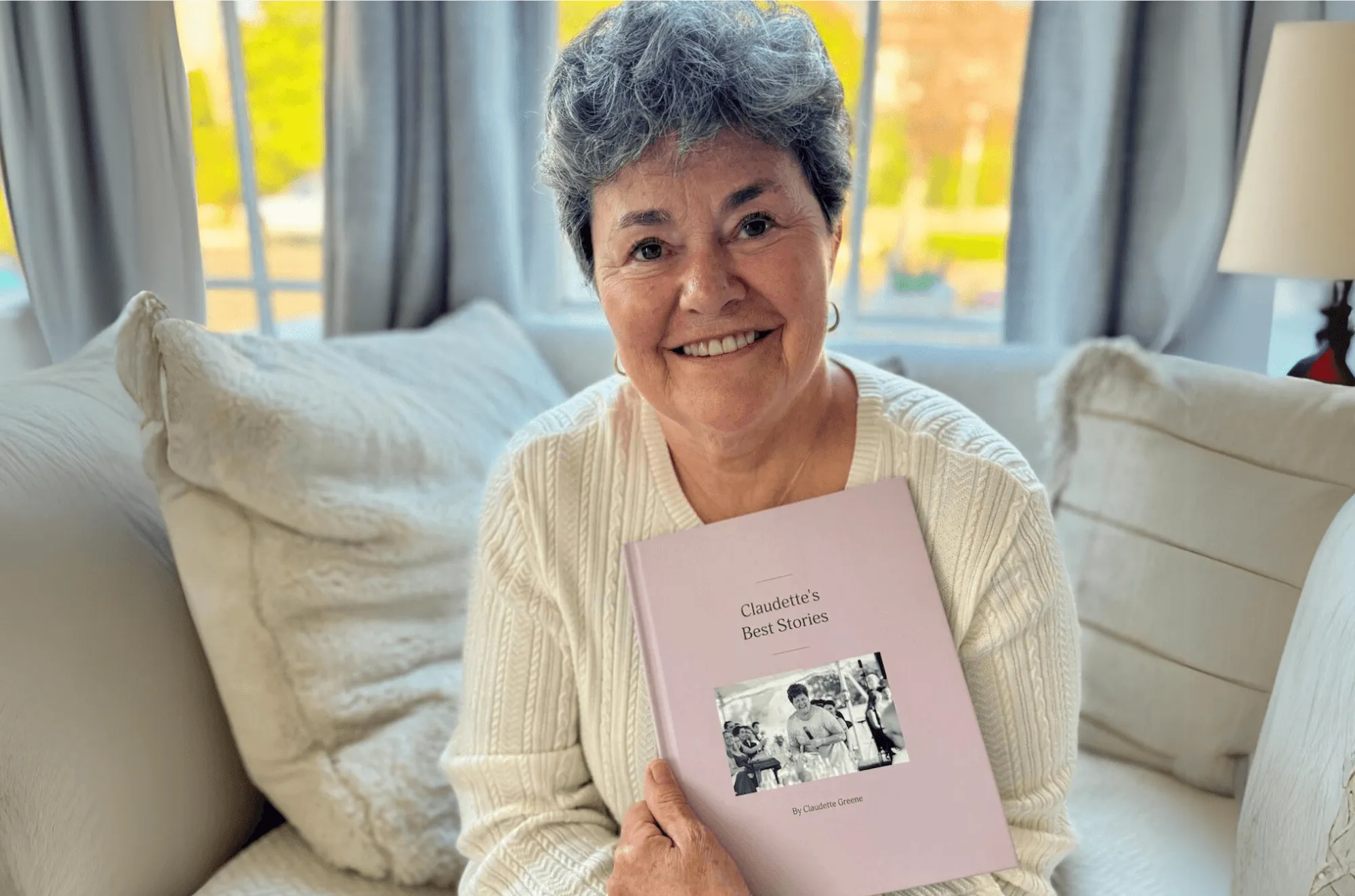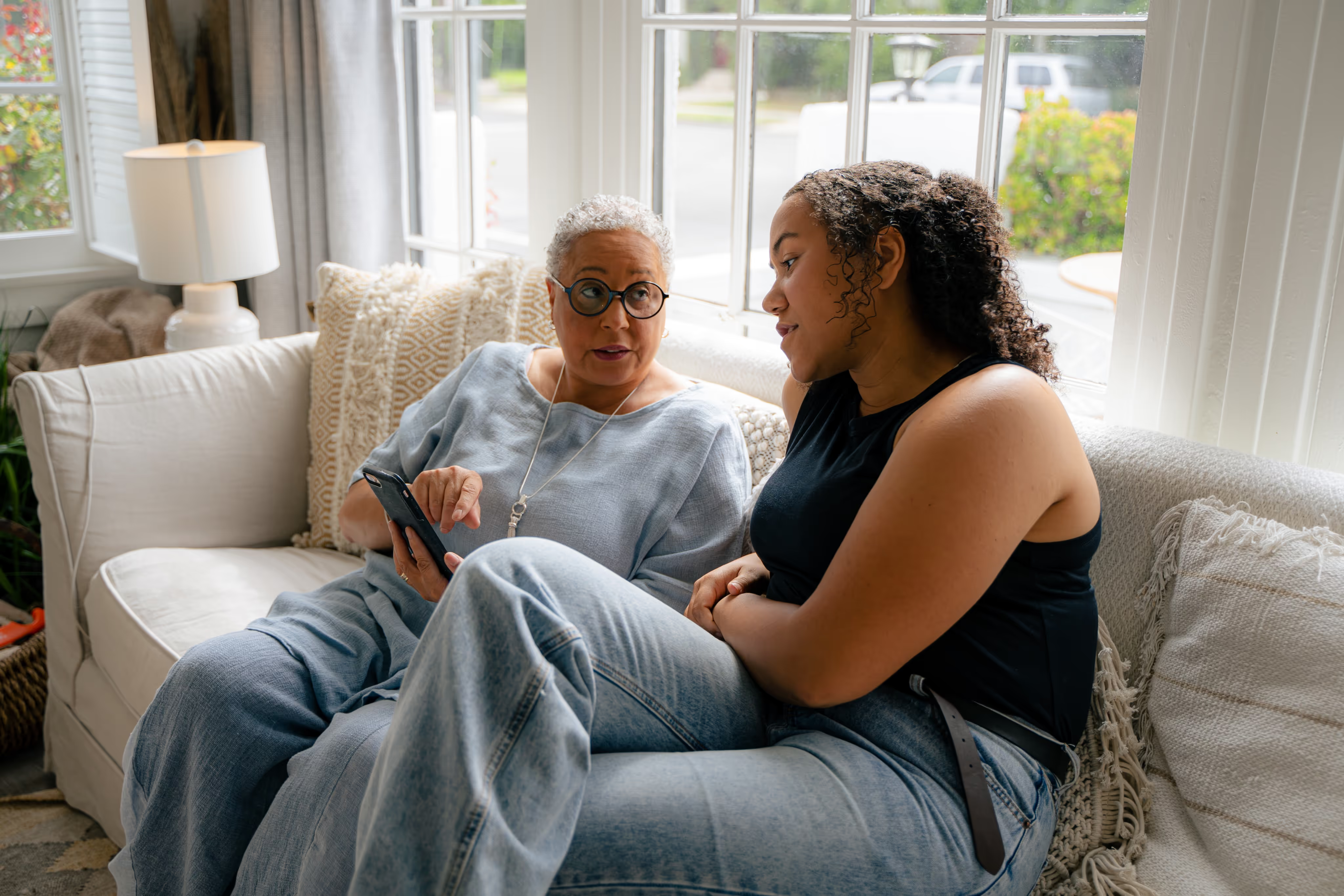Guaranteed to teach you things you never knew.
Why Your Brain Loves a Great Story (By Paul Zak)
Professor, scientist, and author Paul J. Zak explains the science behind why our brains are wired for storytelling. Stories enable empathy, assist in learning and retaining information, comfort us, and deepen our connections to each other.
Professor, scientist, and author of the new book Immersion: The Science of the Extraordinary and the Source of Happiness, Paul J. Zak, explains the science behind why our brains are wired for storytelling.
Long before language was written down, people told each other stories. Knowledge and experience and myth were passed down orally over campfires and hearths. Today, we are still telling each other stories through TV shows, social media posts, and conversations around the dinner table. So why do stories resonate so strongly with humans? Why do we love them so much?
Why are humans so attracted to stories?
Stories allow us to live in other people's lives - a critical component for empathy. One of the amazing things about the human brain is our ability to transport ourselves into the lives or brains of other people by simulating what they're doing and feeling. Lab research has shown that storytelling is the most effective way to transport yourself into someone else's world. It's stories that connect us to other people because we begin to understand why they've done what they've done, why they feel, what they feel. Stories are the most effective way to connect to other people.
This connection is increased in group settings. Scientists can see and measure the increased impact on the brain, memory, and value associated with the information when it’s told to multiple people vs one-on-one. By having a loved one tell a story to us, it deepens our connection not just to the storyteller, but to our entire family community. And that's pretty amazing.
What's happening in our brains when we feel connected to a particular story?
Attention costs the brain energy and effort and our bodies want to conserve that whenever possible. Your brain doesn’t want to pay the metabolic cost of attention unless there is a reason - like avoiding pain or seeking pleasure. Scientists can see chemical changes in the brain and electrical signal changes associated with those chemical changes that identify whether a story is “good” - meaning your brain values it - or not. Stories give us both factual and emotional information, and it's the emotions that tag a fact as valuable. Facts can live alone in your brain, but when linked to a story, they come alive and feel more tangible.
Why do we love to hear the same stories over and over again?
Why do people re-watch movies or entire seasons of their favorite TV shows? Simply put: it’s comforting. Scientists have found that when you have an attachment to people or characters, you get satisfaction from revisiting their stories. Your immersion and enjoyment of their world increases the second or third time through. You’ve already seen these characters go through their set of crises and resolve it. Now you can enjoy the rest of the details that increase immersion and pleasure. A great story is always a great story. It never loses its power.

What about those with cognitive impairments? How do they benefit from stories?
Storytelling is especially valuable for people who are suffering from the early stages of dementia. Dementia, like Alzheimer’s, damages the areas of the brain (e.g. the hippocampus) associated with the formation of new memories, but older ones tend to be preserved. Your grandmother may not be able to tell you what she had for breakfast, but when properly prompted can regale you with tales of her teenage adventures and provide a personal lens to historic events. Encouraging the sharing of these memories can be empowering to someone who is starting to forget. Preliminary evidence suggests that since storytelling activates the hippocampus, it may slow down degradation in this area of the brain.
Ultimately, stories are a way of connecting to each other. Eliciting a story from someone is an act of love. The same pathways in our brains that allow us to express love for others are activated when we emotionally absorb a story someone tells us. If you love someone, invest your time and attention in asking about and listening to their stories. It will strengthen your bonds to each other, and make your brain happy.

About Paul J. Zak
The information in this article is based on learnings and research by Remento advisor, Paul J. Zak. Paul J. Zak, Ph.D., is a professor of economics, psychology and management at Claremont Graduate University, the founder of Immersion Neuroscience, and the author of Immersion: The Science of the Extraordinary and the Source of Happiness.
Next up: How to Unlock the Benefits of Storytelling For People with Dementia
Remento does not provide medical advice. The information provided in this article is for informational purposes only and not intended to be a substitute for professional medical advice, diagnosis, or treatment. Always seek the advice of your physician or other qualified healthcare provider with any questions you may have regarding a medical condition or treatment.

Their stories, forever at your fingertips
Remento’s life story books turn a parent or grandparent’s memories of the past into a keepsake book for the future - no writing required,.
Capture priceless family memories today
Join the thousands of families using Remento to preserve family history, all without writing a word.
.avif)
.avif)
